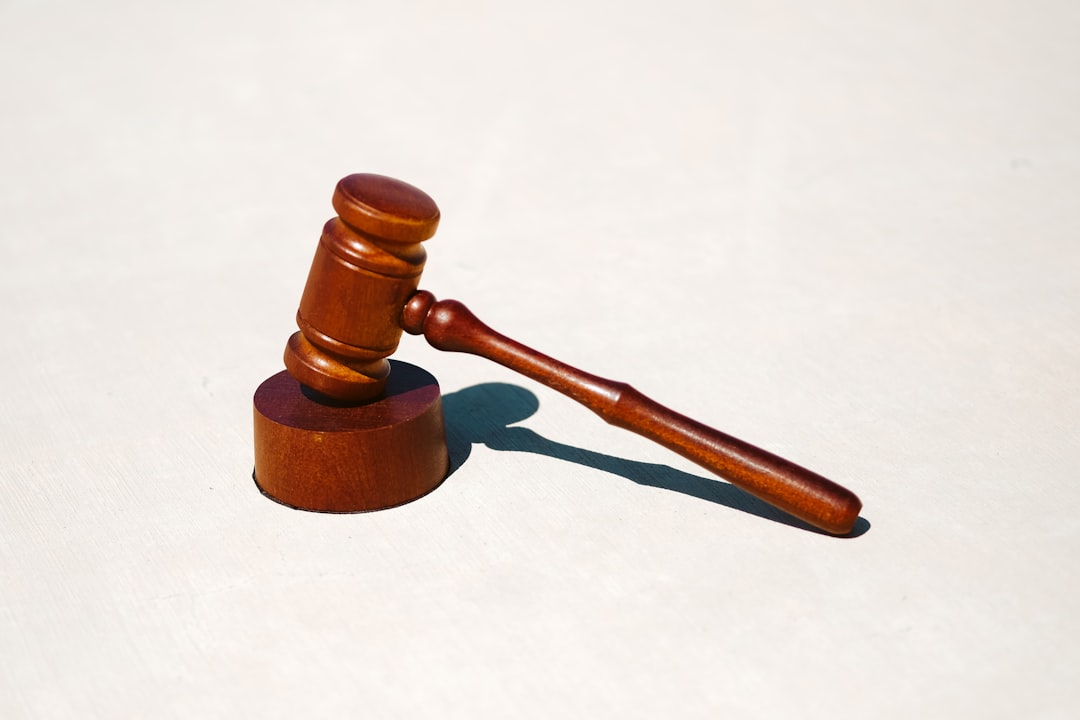Child abuse is a pressing issue in Jersey City, NJ, where educators play a vital role in identifying potential cases through recognizing behavioral changes like withdrawal or academic decline. Teachers are mandated reporters under New Jersey laws and should thoroughly document observations before reporting suspected cases to authorities, including a school abuse lawyer in Jersey City, NJ. This process ensures student safety while also protecting educators from retaliation with legal guidance from said lawyers.
In Jersey City, NJ, teachers play a vital role in identifying potential child abuse. This article equips educators with essential knowledge on understanding various types of child abuse and recognizing critical red flags. We explore the significant responsibilities teachers bear in spotting abuse, emphasizing the creation of safe learning environments.
Additionally, we delve into legal obligations and support systems available for teachers who suspect abuse, ensuring they can protect both students and themselves while seeking help from a school abuse lawyer in Jersey City, NJ.
Understanding Child Abuse: Types and Red Flags
Child abuse is a complex and serious issue that can manifest in various forms, all of which require immediate attention. In Jersey City, NJ, educators play a pivotal role in identifying potential cases. Understanding the different types of child abuse is essential for teachers to recognize red flags and take appropriate action. Physical abuse involves intentional injuries or pain inflicted on a child’s body, while emotional abuse includes verbal assaults, constant criticism, or isolation that negatively impact a child’s emotional well-being. Neglect, another critical aspect, occurs when a caregiver fails to meet a child’s basic needs for safety, food, healthcare, or education.
Teachers should be vigilant about certain behavioral changes and patterns in students that could indicate underlying abuse. Red flags may include sudden withdrawal from social activities, unusual fear of specific people or places, unexplained injuries, frequent headaches or stomachaches, or a significant drop in academic performance. A school abuse lawyer in Jersey City NJ emphasizes the importance of documenting these observations and reporting any suspected cases to the appropriate authorities, ensuring the safety and well-being of every student.
The Role of Teachers in Recognizing Potential Abuse
Teachers play a pivotal role in recognizing potential abuse among students, often serving as the first line of defense against any form of maltreatment. In Jersey City, NJ, where school communities are diverse and vibrant, teachers must be vigilant in spotting warning signs that could indicate various types of abuse—physical, emotional, or even sexual. A teacher’s keen observation skills, coupled with an understanding of child development, can make all the difference in identifying situations that require intervention.
By staying attentive to changes in a student’s behavior, mood, or academic performance, teachers can effectively navigate potential red flags. For instance, sudden aggression, withdrawal from social activities, or significant drops in grades might point to underlying issues at home. Additionally, knowing when to refer students to appropriate support services, such as counseling or legal aid from a school abuse lawyer in Jersey City NJ, is crucial in ensuring the well-being and safety of every child under their care.
Creating a Safe Learning Environment: Teacher Responsibilities
In creating a safe learning environment, Jersey City NJ teachers play a pivotal role in preventing and addressing potential school abuse. Their responsibilities extend beyond delivering academic lessons; they must be vigilant in recognizing and responding to warning signs of abuse among students. This includes not just physical abuse but emotional, psychological, and digital forms as well. Teachers should foster an atmosphere where students feel comfortable discussing issues without fear of judgment or repercussions.
Promoting open communication, encouraging empathy, and teaching appropriate boundaries are key components of a teacher’s role in preventing abuse. They must also stay updated on local resources and policies related to child protection, including procedures for reporting suspected cases of abuse to relevant authorities, such as a school abuse lawyer in Jersey City NJ, ensuring the well-being and security of every student under their care.
Legal Aspects: What to Do if You Suspect Abuse
If you, as a teacher in Jersey City, NJ, suspect or witness any form of abuse within your school community, it’s crucial to understand the legal implications and steps to take. The first course of action is to document all observations meticulously, including dates, times, locations, and details of the suspected abuse. This information will be vital if you decide to involve authorities or seek legal assistance.
New Jersey laws, such as the Child Safe Schools Act, outline protocols for reporting suspected child abuse. Teachers are mandated reporters, meaning they must forward their concerns to the appropriate agencies, typically the Division of Youth and Family Services (DYFS). Additionally, consulting with a school abuse lawyer in Jersey City, NJ, can provide guidance on legal rights, protection for both victims and informants, and the best course of action to ensure safety and justice.
Support Systems for Teachers: Protecting Yourself While Helping Others
As a teacher in Jersey City, NJ, it’s crucial to recognize that supporting students facing potential abuse can be emotionally taxing. It’s essential for educators to have robust support systems in place to protect their own mental health and well-being while they help others. This includes accessing professional counseling services available through the school district or local community organizations. Many teachers also find solace in peer support groups where they can share experiences, gain insights, and offer each other encouragement.
Additionally, connecting with a school abuse lawyer in Jersey City, NJ, can provide a crucial safety net. These legal professionals not only guide educators through the proper reporting procedures but also offer protection against potential retaliation. By fostering an environment of open communication and ensuring teachers have access to legal support, schools can better protect both students and the dedicated professionals who serve them.






